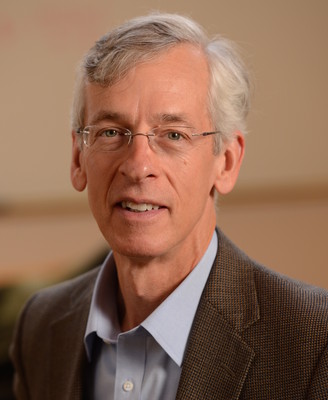
Department of Mathematics
2015-2016 Distinguished Lecture Series
Presents
Professor Russel Caflish
Professor of Mathematics at UCLA
Director of the Institute for Pure and Applied Mathematics
Public Lecture
Math Changes Everything
Wednesday, April 20, 2016
4:00-5:00pm
Natural Sciences II, Room 4201
Reception at 3:30pm
Abstract
Mathematics plays a central role in many recent technological advances. The speaker will describe his experience at a math institute that promotes connections between math and other disciplines. The impact of these interdisciplinary interactions will be demonstrated in three examples: Compression of very large datasets for medical imaging; machine learning as a tool for finding new materials for batteries; and mathematical modeling and computer simulation that enable predictive policing.
Mathematics Colloquium
Compressed Modes for Differential Equations and Physics
Thursday, April 21, 2016
2:00-3:00pm
Natural Sciences II, Room 1201
Reception to follow lecture
Abstract
Much recent progress in data science (e.g., compressed sensing and matrix completion) has come from the use of sparsity and variational principles. This talk is on transfer of these ideas from information science to differential equations and physics. The focus is on variational principles and differential equations whose solutions are spatially sparse; i.e. they have compact support. Analytic results will be presented on the existence of sparse solutions, the size of their support and the completeness of the resulting “compressed modes”. Applications of compressed modes as Wannier modes in density functional theory and for signal fragmentation in radio transmission will be described.
About Professor Caflisch
Russel Caflisch is a Professor in the Mathematics Department at UCLA, with a joint appointment in Materials Science. He is currently Director of the Institute for Pure and Applied Mathematics (IPAM). He received his BS from Michigan State University in 1975, and his PhD from the Courant Institute at New York University in 1978, both in mathematics. He has also held faculty positions at Stanford and NYU. He is a fellow of the Society for Industrial and Applied Mathematics, the American Mathematical Society, and the American Academy of the Arts and Sciences. His research is on a wide range of topics in applied math, including PDEs, fluid dynamics, plasma physics, materials science, Monte Carlo methods, and computational finance.
